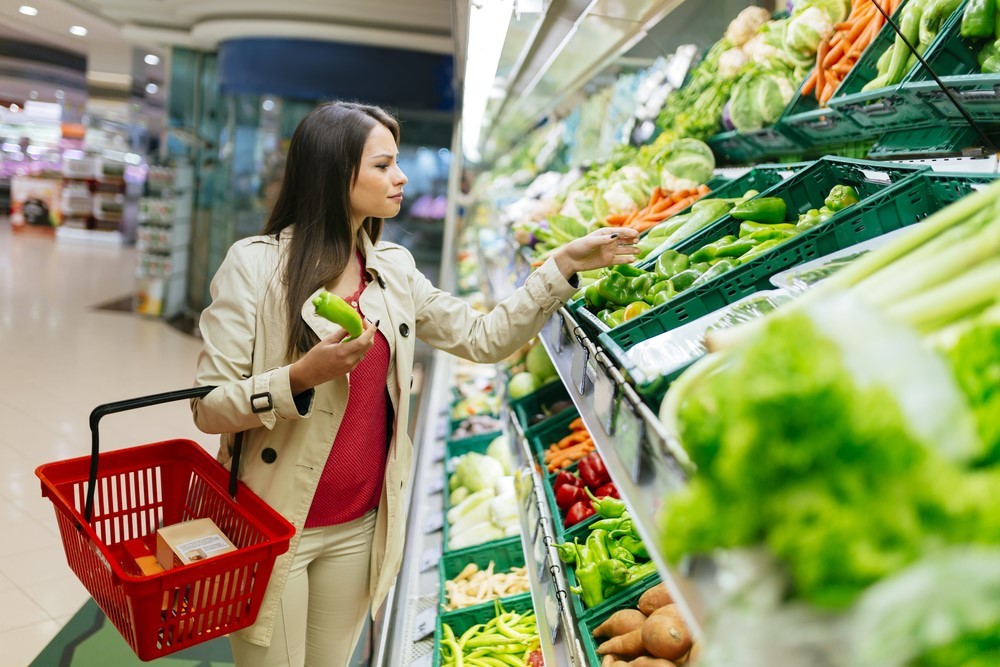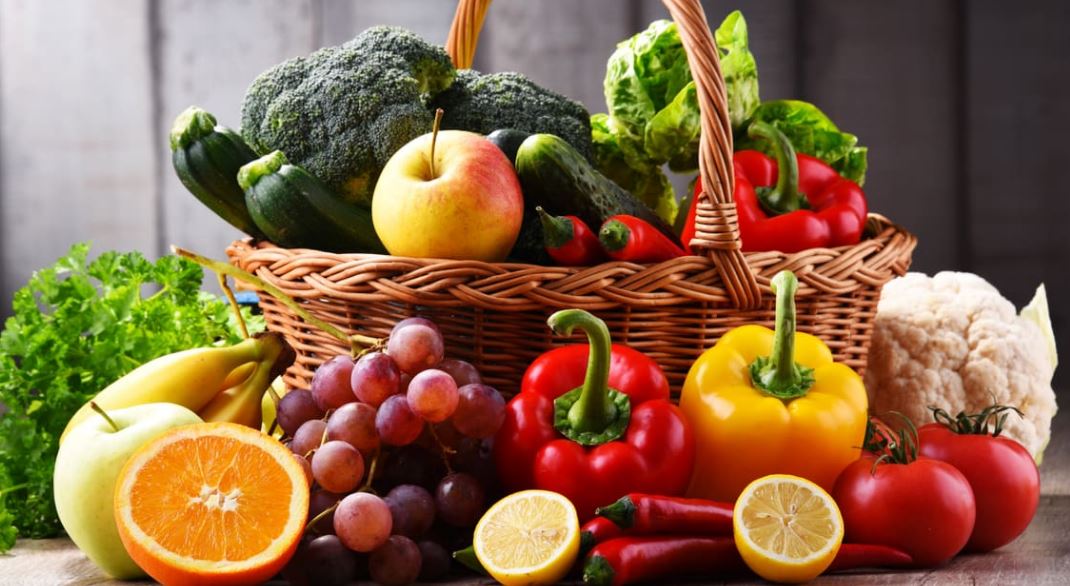How to Start a small Scale Fruit Business and Make Money in Nigeria in 2024?

Starting a fresh fruit business is a smart move to meet the increasing demand for healthy and organic food. Here are simple steps for success:
1. Market Research:
Understand your target market, their preferences, and buying habits. Identify suitable fruits to sell and choose effective selling locations.
2. Location Matters:
Pick easily accessible spots with high foot traffic, like malls, local markets, or busy street corners. Consider online sales through e-commerce and social media.
3. Reliable Suppliers:
Connect with consistent fruit suppliers, preferably local farmers. This ensures a steady supply of fresh, high-quality fruits.
4. Competitive Pricing:
Set prices that balance competitiveness and profit margins. Account for purchase, transportation, storage, and other overhead costs.
5. Varied Fruit Selection:
Offer a diverse range of fruits to accommodate different tastes and seasonal availability. This attracts a broader customer base.
6. Customer Service Excellence:
Prioritize excellent customer service to build a loyal customer base. Satisfied customers will return and recommend your business.
7. Delivery Options:
Consider providing delivery services for customers who can’t visit your store. This adds convenience and expands your customer reach.
For more profit, purchase fruits at a lower rate from the main market and sell them at a higher rate in your store or preferred selling places.
Overcoming Competition in Small Scale Fruit Business in Nigeria
If you’re considering starting a fresh fruit business, here’s my advice:
1. Ensure you have a sales outlet for your produce, such as a farmers market, local grocery store, or restaurants. Talk to potential buyers before planting or well before harvest.
2. Have a method for preserving your fruit, whether through dehydration, making jams, freezing, or any other creative means. This not only increases your profit margins but also allows you to sell year-round.
3. Start branding your business early. It doesn’t have to be elaborate—just give a name to what you’re selling. Trust is crucial in food sales, and branding helps build that trust with customers.
How do I Protect Fruits and Vegetables From Contamination?

What Causes Fruits and Vegetables to Become Contaminated During Preparation and Storage?
Fruits and vegetables become contaminated at two stages
In the field:
After harvest:
- Mishandling of vegetables and fruits after harvest is a common source of contamination, with risks from soil and water used in washing.
- Some use dirty water for washing, exacerbating the issue. Certain practices, like dipping cauliflower in chemical solutions for a whiter appearance or injecting substances to increase weight and enhance color and sweetness, pose health risks.
- Transporting produce in open trucks, exposed to sunlight and rain, can lead to spoilage and microbial contamination. Poor storage conditions, including vulnerability to pests and high temperatures, contribute to contamination.
- Artificial ripening agents, such as calcium carbide, are also a concern. These practices highlight the need for proper handling and storage to ensure food safety.
Is it Possible to Make Money by Selling Fruits & Vegetables Online?
Starting a Fruits business selling goods electronically is distinct from dealing with perishable products, which involves a decentralized model, local partnerships, logistics, and hands-on management. While creating a website and a business plan are crucial, they represent only about 20% of the overall task.
Choosing the right location is pivotal for this business. Launching in a larger city may entail higher logistics and manpower costs, but it attracts savvy customers willing to try services that save them time and effort. Conversely, launching in a smaller city is more cost-effective but comes with a different customer mindset.
1. Online Marketplaces:
Utilize platforms like Amazon Fresh, Instacart, or Thrive Market. Explore local online marketplaces for area-specific reach.
2. E-commerce Website:
Create your own website for direct sales. This involves handling marketing, website development, and customer service, offering more control over branding and pricing.
3. Delivery Services:
Partner with delivery services like Uber Eats, GrubHub, or DoorDash for convenient customer deliveries.
4. Community-Supported Agriculture (CSA):
Adopt a CSA model where customers buy a share of your crops, receiving regular produce deliveries.
5. Farmers’ Markets:
Participate in local farmers’ markets to directly sell your fruits and vegetables to the community.

















